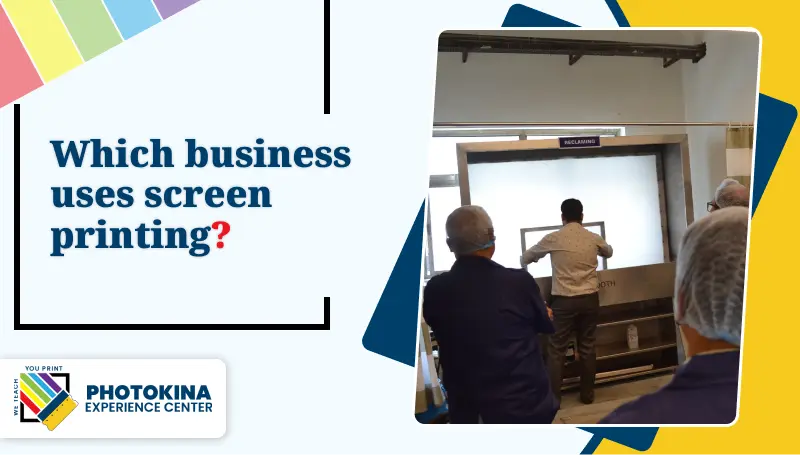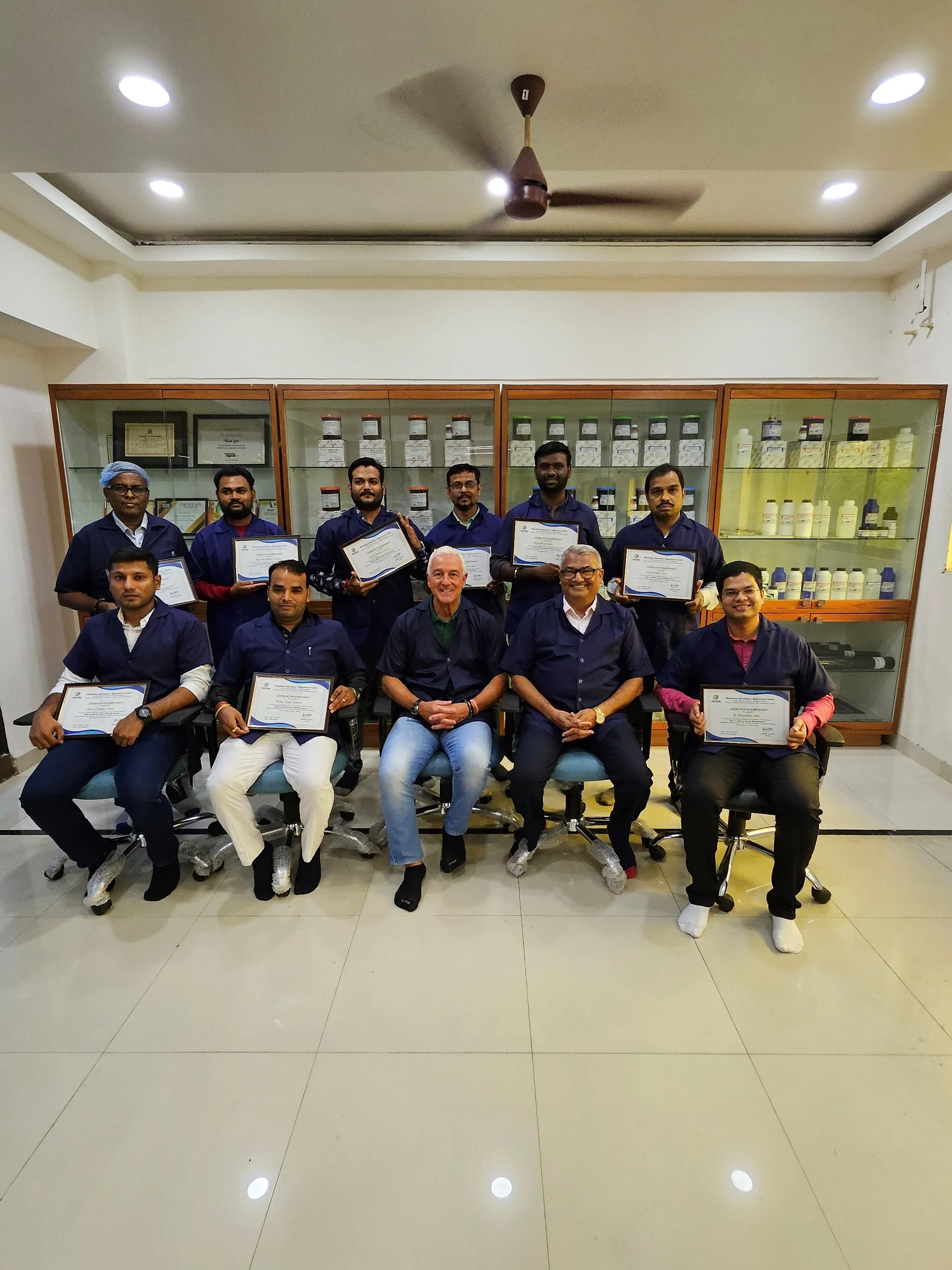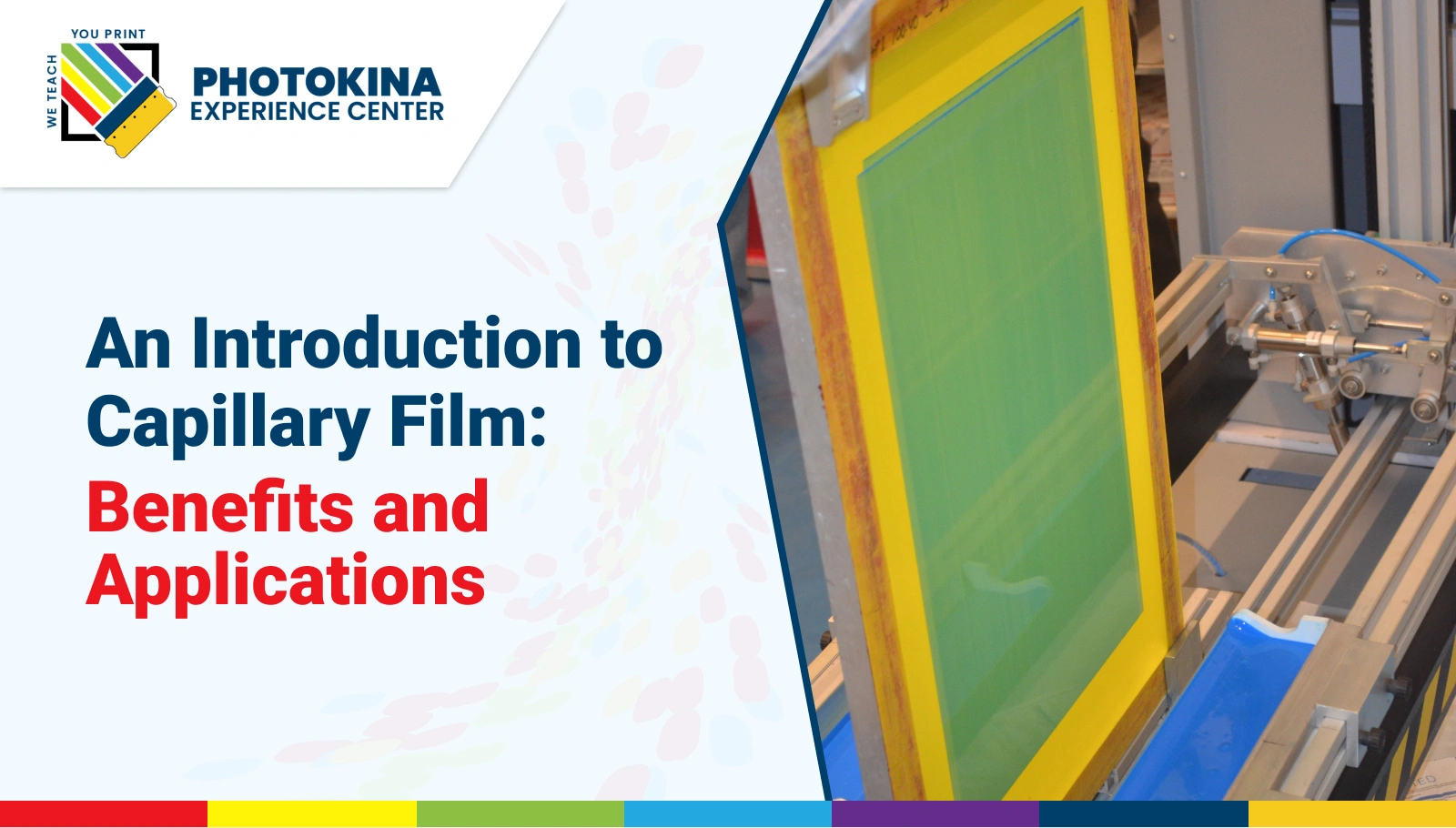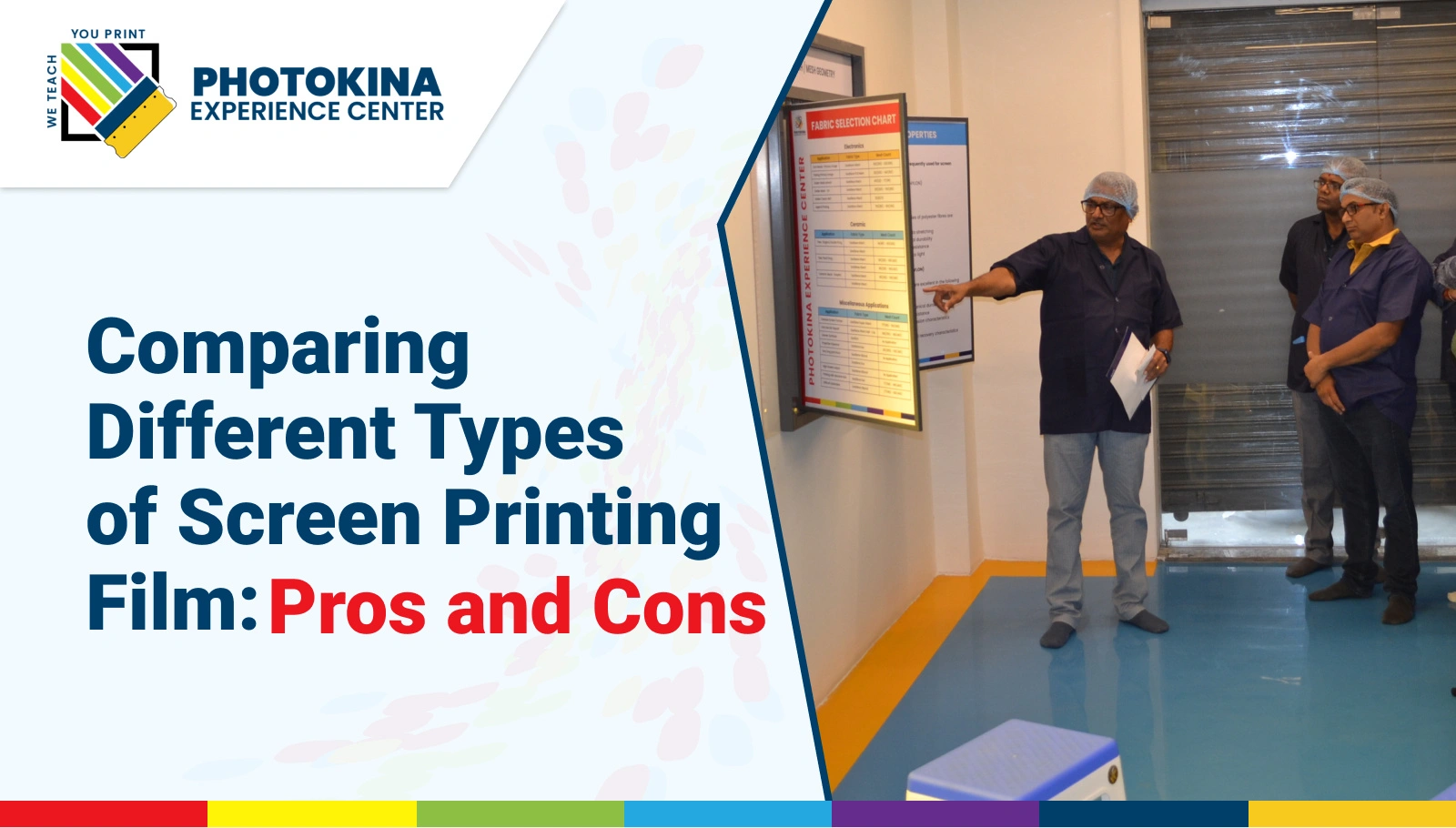
Which business uses screen printing?
Which Businesses Use Screen Printing?
Screen printing is a versatile printing technique used across various industries to produce high-quality, durable designs on different surfaces. At Photokina Experience Center, we focus on teaching the essentials of screen printing, including the use of Screen Printing Emulsion, Screen Printing Frames, and more. In this article, we explore the businesses that commonly utilize screen printing and how they benefit from this technique.
1. Apparel Industry
One of the most prevalent screen printing uses is in the apparel industry. Businesses ranging from small boutiques to large clothing brands employ screen printing to create custom designs on T-shirts, hoodies, and other garments.
Key Benefits:
- Durability: Screen printing inks are long-lasting and resistant to fading.
- Vibrant Colors: The technique allows for bold, eye-catching designs.
- Cost-Effective for Bulk Orders: Screen printing becomes more economical as order quantities increase.
Materials Used:
- Screen Printing Mesh: Used to determine the level of detail in the design.
- Diazo Emulsion: Employed to create stencils on screens.
2. Promotional Products
Businesses often use screen printing for promotional items such as tote bags, mugs, and banners. Custom-branded products help companies enhance visibility and build brand loyalty.
Key Benefits:
- Brand Recognition: Customized products serve as effective marketing tools.
- Wide Range of Substrates: Screen printing can be applied to various materials, from fabric to plastic.
Materials Used:
- Screen Printing Squeegee: Essential for applying ink to promotional items.
- Chromaline Film: Utilized to create stencils for complex designs.
3. Sports and Athletic Wear
Sports teams and organizations frequently utilize screen printing to create custom jerseys, uniforms, and fan gear. The durability of screen printing is essential for items that undergo heavy wear and tear.
Key Benefits:
- Team Spirit: Custom designs foster a sense of unity among team members.
- Customizable Options: Names and numbers can easily be added to uniforms.
Materials Used:
- Screen Printing Frames: Essential for holding the mesh during the printing process.
- Capillary Film: Offers an easy alternative for stencil creation.
4. Home Decor and Textile Industry
The home decor sector also benefits from screen printing. Businesses create custom-designed cushions, curtains, and wall art, allowing customers to personalize their spaces.
Key Benefits:
- Unique Designs: Screen printing offers the ability to produce one-of-a-kind pieces.
- High-Quality Prints: Inks used in screen printing maintain vibrant colors even after multiple washes.
Materials Used:
- Screen Printing Emulsion: Key to creating stencils for intricate designs.
- Screen Printing Handle: Helps maneuver the squeegee for consistent application.
5. Signage and Graphics
Screen printing is extensively used for producing signs, posters, and graphics for businesses. The technique is ideal for both indoor and outdoor signage due to its durability.
Key Benefits:
- Longevity: Signs printed using screen printing can withstand various environmental conditions.
- Custom Sizes: Businesses can produce signs in a variety of sizes to meet specific needs.
Materials Used:
- Screen Printing Film: Used to create stencils for detailed graphics.
- Screen Printing Mesh: Various mesh counts are available to achieve different effects.
6. Fine Arts and Crafts
Artists and craftspeople often use screen printing as a medium for creating limited-edition prints and art pieces. The versatility of the technique allows for creativity and experimentation.
Key Benefits:
- Artistic Expression: Screen printing provides artists with a means to experiment with color and design.
- Collectible Pieces: Limited runs of prints can attract collectors.
Materials Used:
- Diazo Emulsion: Used for creating intricate stencils.
- Screen Printing Frames: Essential for the printing process.



